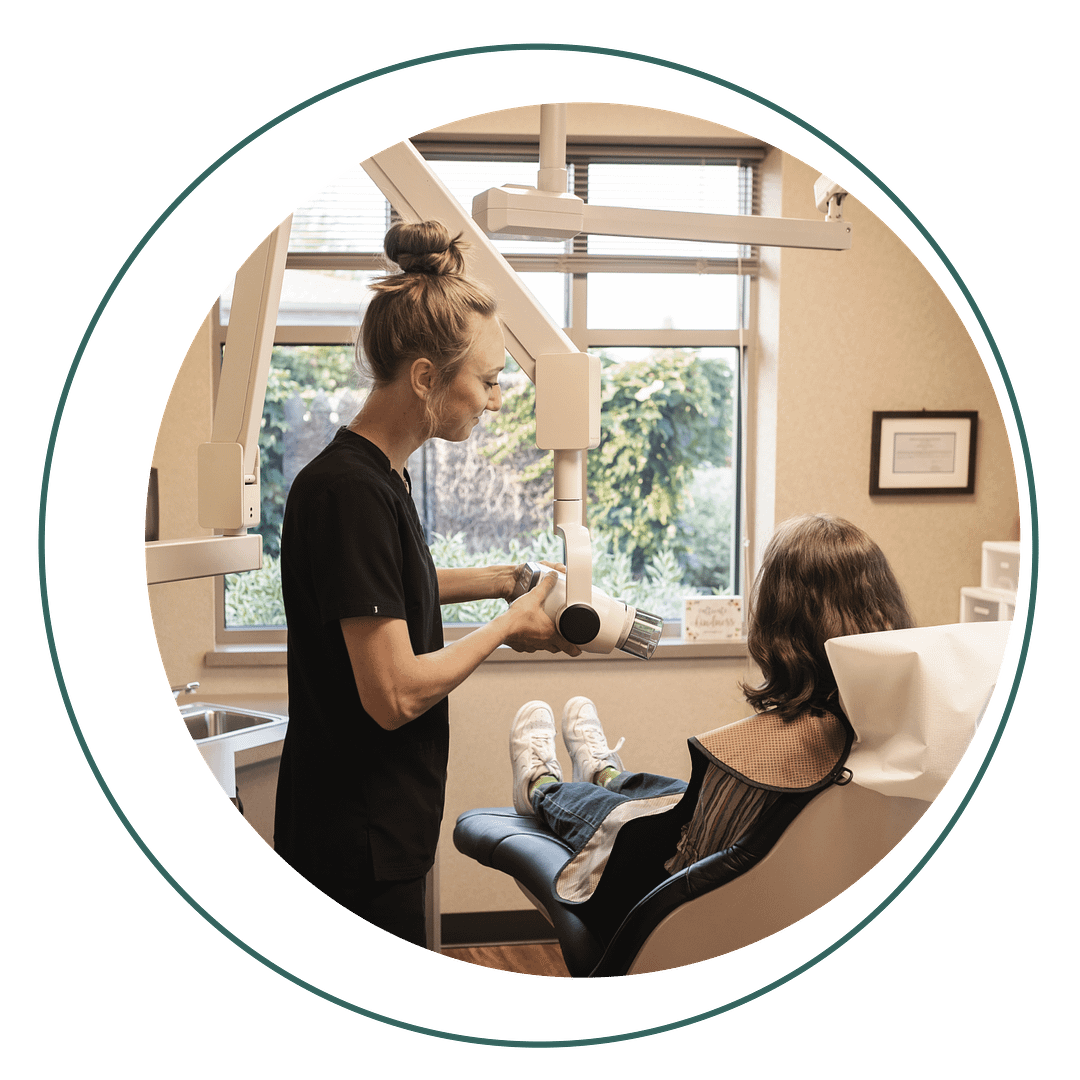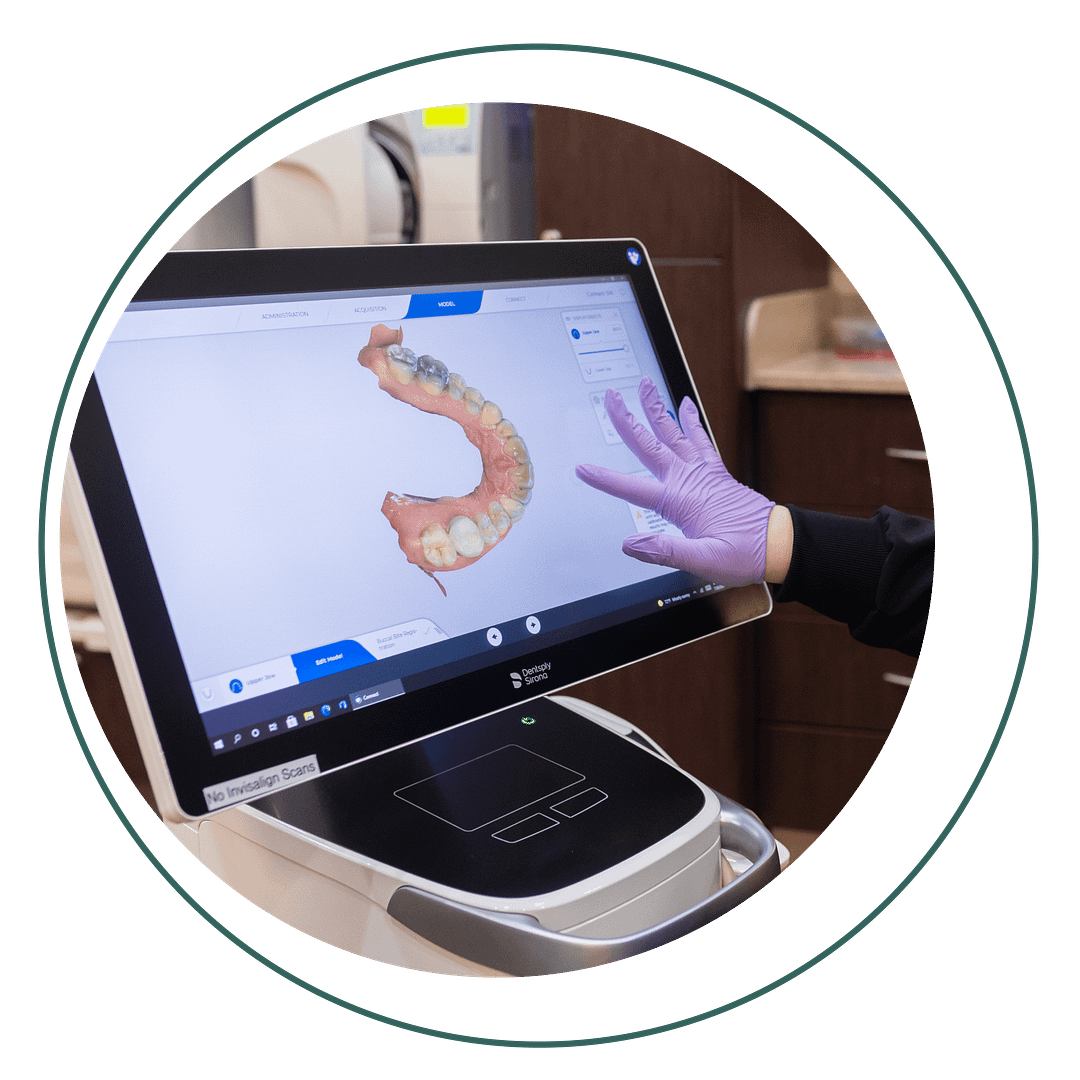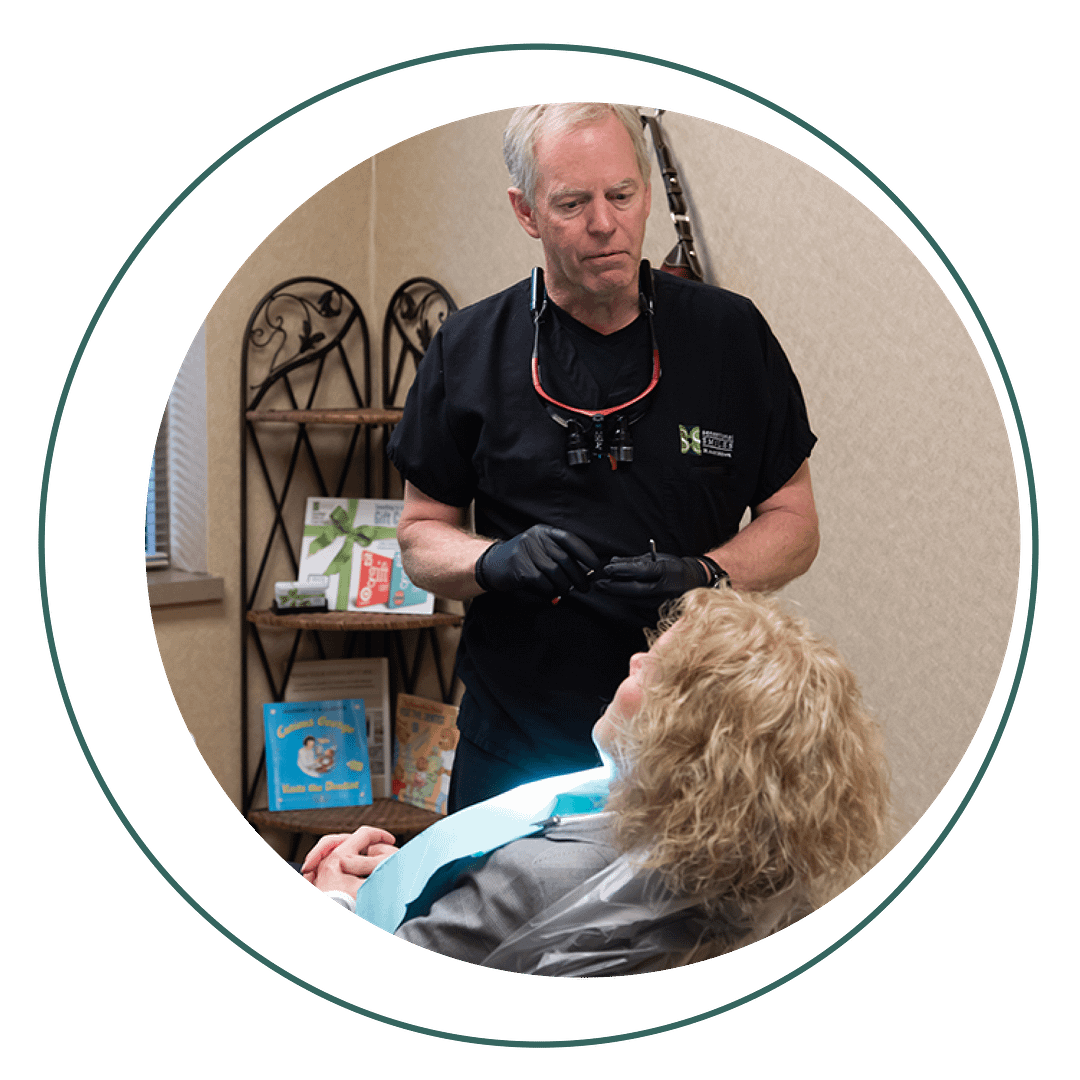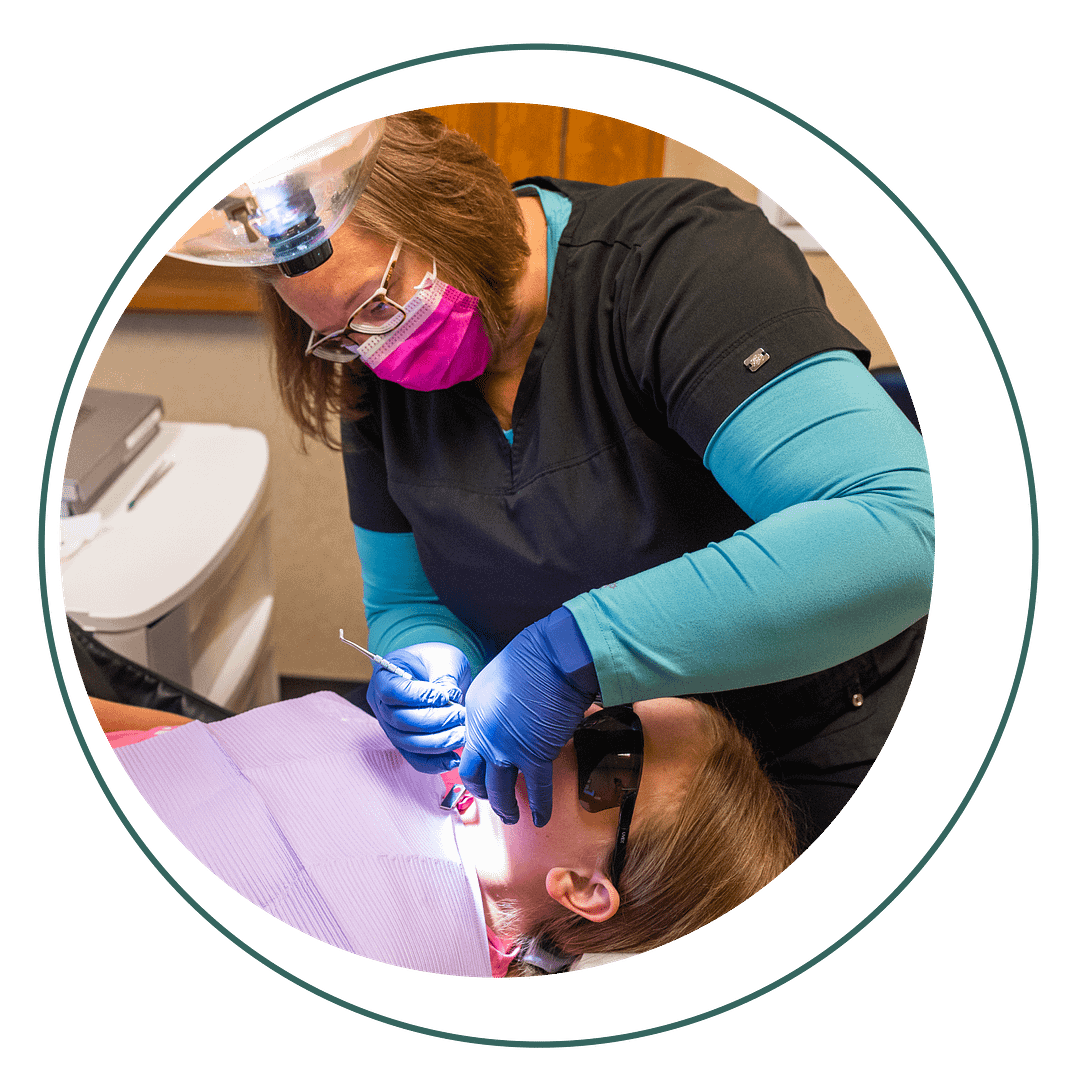We’re helping our community maintain healthy smiles.
Customized Dental Care for the Whole Family
Sensational Smiles offers two convenient locations where patients can receive high-quality dental services from our caring and experienced team. Our patients enjoy having a dental home they can trust where they are empowered to make their own choices. Sensational Smiles is family focused and serves patients from infants to grandparents. We can’t wait to welcome you to one of our dental offices soon!

We love to hear
from our patients!
From Smile Maintenance to Transformations
Our experienced team will keep you and your family smiling with a variety of dental services:
Dental Implants
Dental Implants
We offer dental implants at our Minnesota Avenue office as a permanent solution for missing teeth.
Full Mouth Reconstructions
Full Mouth Reconstructions
Our skilled team can help you address multiple dental concerns with a full mouth construction.
Periodontal Therapy
Periodontal Therapy
Periodontal therapy treats gum disease and encourages gum healing so that you can enjoy a healthy smile.
Invisalign & Braces
Invisalign & Braces
Sensational Smiles offers Invisalign and braces to help you straighten teeth and improve your smile.
Preventive Dentistry
Preventive Dentistry
Preventive care is important to help you and your family avoid future dental problems.
Sedation Dentistry
Sedation Dentistry
We provide safe and effective sedation options for patients who need some additional help relaxing at their appointments.
Two Locations to Serve You
Explore our facilities:

6301 S Minnesota Ave, Suite 100
Sioux Falls, SD 57108
605.332.4751

101 W 37th St, Suite 110
Sioux Falls, SD 571058
605.339.3222
Reach out to our team to schedule an appointment.
Please complete the form below, and one of our team members will be in touch soon.



